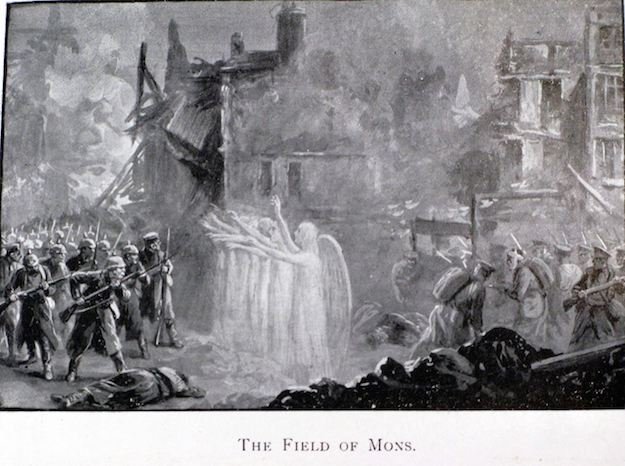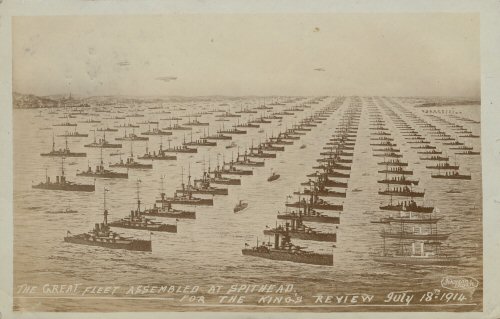London, Newcastle and Berlin?
Since I was awarded a grant by UNE to travel to the UK to undertake archival research into Zeppelin, spy and invasion fears during the First World War, it follows that at some point I should actually do that. That point is now three weeks away. I’ll be arriving in London on Saturday, 1 November […]





